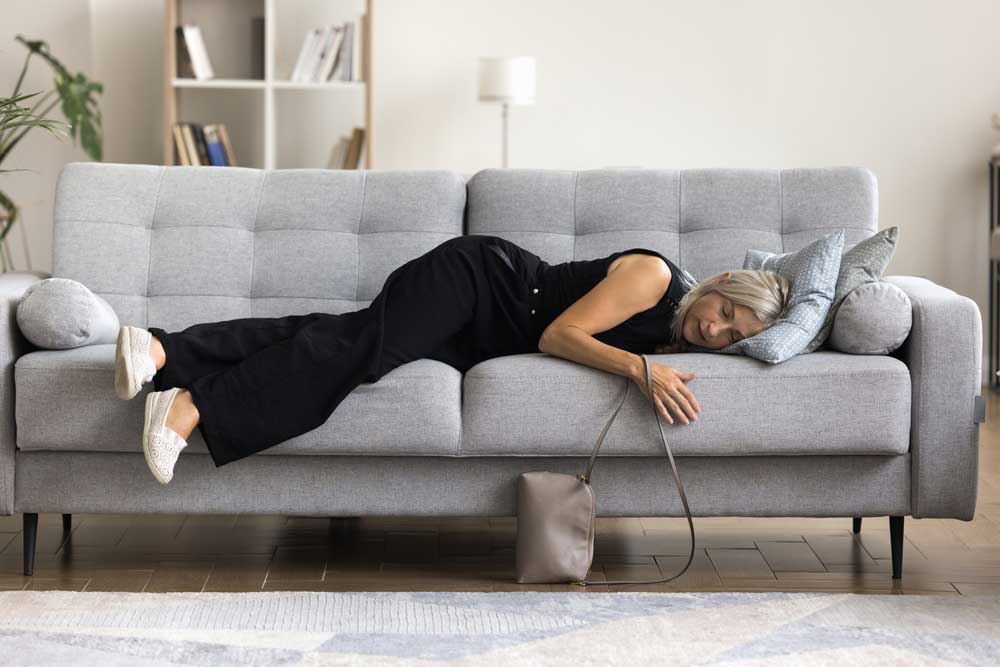Will My Vein Issues Resolve Naturally?

As a specialist in vein care, I often encounter patients curious about whether their vein conditions will improve or resolve on their own. Based on my experience, the straightforward answer is generally no, though there are exceptions and particular circumstances where some improvement is noted.
Understanding Vein Conditions
Vein conditions often manifest as veins that have stretched out and become larger due to increased blood pressure within them. This process is similar to inflating a balloon: the more air—or in this case, blood—that is pushed into the vein, the larger and more strained it becomes. Typically, in a healthy vein, tiny valves work diligently to prevent blood from flowing backward as it moves up your leg. However, if these valves fail, a condition seen in varicose veins, blood accumulates, causing the vein to enlarge and leading to symptoms like pain, swelling, and a heavy feeling in the legs.
Once a vein has stretched, it rarely returns to its original condition without intervention. These conditions are progressive, worsening over time unless they are addressed medically. There are, however, a few exceptions I've noted:
The Pregnancy Exception
One of the few exceptions I've noted is with vein conditions and pregnancy. During this period, hormonal changes cause veins to dilate to support increased blood flow needed for the baby and placenta. After pregnancy, as hormone levels return to normal, these veins can reduce somewhat in size. However, this reduction does not mean a complete resolution, and some permanently altered veins usually remain.
Rare Cases of Spontaneous Improvement
On rare occasions, severe vein conditions might spontaneously improve, but it's not an ideal or favorable scenario. For instance, a large, ropey varicose vein could close off and develop phlebitis—an inflammation of the vein, often accompanied by clotting. Although phlebitis is generally not dangerous, it necessitates a professional evaluation. Over time, the affected vein becomes a hardened, scarred tissue, reducing symptoms because it no longer holds blood. However, this process can be painful and leave behind a discolored streak where the vein was, presenting its own set of challenges and discomfort.
The Risk of Postponing Vein Treatment
Choosing to delay treatment for vein conditions can lead to further complications. Initially, solutions like compression stockings can help manage symptoms by aiding blood flow and reducing vein enlargement. However, over time, the condition is likely to progress to a level where more significant intervention is necessary.
Symptoms such as painful, swollen, and achy legs can escalate, preventing activities in the evenings, causing fatigue, and contributing to sleeplessness. It can feel as though you are losing control over your life, unable to engage in your usual activities, possibly gaining weight, and feeling as if nothing seems to help. When you reach this stage, pursuing treatment becomes imperative.
Vein Treatment Options: Regaining Control
In my practice, I’ve seen firsthand how treatment can transform lives. Modern vein care offers an array of solutions tailored to each individual's needs. These range from lifestyle adjustments and compression therapy to advanced medical procedures like sclerotherapy and laser treatments. Old-fashioned vein stripping is no longer recommended. Each of these treatments aims to alleviate symptoms, improve cosmetic appearance, and, most importantly, enhance quality of life.
Vein conditions are not just cosmetic issues; they are real, often painful problems that can deeply affect one’s life. My advice to anyone suffering is not to wait. Seek consultation to explore your options. The sooner you address the issue, the better your chances of preventing severe complications and reclaiming your life.
While it's tempting to hope that a vein condition might improve on its own, reality often dictates a proactive approach. Living with untreated vein conditions can lead to decreased mobility, increased discomfort, and a significant impact on your quality of life. For many people that I see, they end up gaining weight because of inactivity due to their vein condition. By understanding the nature of these conditions and the importance of early treatment, you can make informed decisions about your health and enjoy a more active, fulfilling life free from the constraints of vein-related aching or pain.



